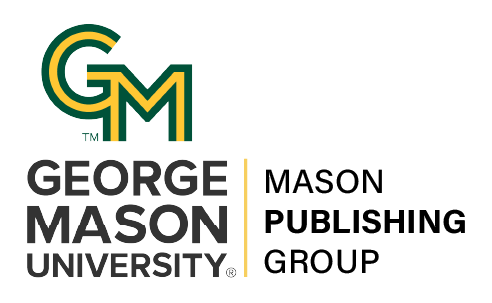Innovation in the Tropics: An Autoethnography of a Multidisciplinary Field School
DOI:
https://doi.org/10.13021/G8jmgr.v1i1.214Keywords:
Innovation, Autoethnography, Field School, Multidiscipline, Graduate Education, BaliAbstract
In today's academic environment, institutions often present students with the opportunity to participate in a field school, allowing students to experience an abridged form of fieldwork and providing a hands-on approach to the application of classroom-oriented theory. While field schools vary in topic and length, many remain firmly bound to a specific discipline. Breaching the exclusivity of a discipline-specific field school to accommodate a variety of academic perspectives is itself innovative in approach, as is encouraging trans-discipline collaboration and facilitating opportunities for cross-discipline discourse. In contrast with that tradition, George Mason University's School for Conflict Analysis and Resolution's field school in Bali, Indonesia, takes an innovative multi-disciplinary approach to the field school experience. Additionally, the field school takes a more action-oriented approach to research in which students produce research materials that are immediately usable to the community under study. Â This paper presents an auto-ethnographic account of this novel field school approach.
References
Davies, C. A. (2007). Reflexive Ethnography: A Guide to Researching Selves and Others (The ASA Research Methods). New York, NY: Routledge.
Geertz, C. (2000 [1973]). The Interpretation of Cultures: Selected Essays. New York, NY: Basic Books.
Gmelch, G., Gmelch, S. B., (1999). An Ethnographic Field School: What Students Do and Learn. Anthropology & Education Quarterly, 30(2), 220-227.
Hughes, S., Pennington, J. L., & Makris, S. (2012). Translating Autoethnography Across the AERA Standards: Toward Understanding Autoethnographic Scholarship as Empirical Research. Educational Researcher, 41(6), 209-219. doi: 10.3102/0013189X12442983
Lindeman, (1924). Social Discovery: An approach to the study of functional group. New York, NY: Republic Pub. Co
Malinowski, B. (2002 [1922]). Argonauts of the Western Pacific; An account of Native Enterprise and Adventure in the Archipelagoes of Melanesian New Guinea. London, UK: Routledge.
McGoodwin, J. (1978). Directing an Ethnographic Field School: Notes and Advice. Anthropological Quarterly, 51(3), 175-183.
Mead, M. ( 2001 [1930]). Coming of age in Samoa: A psychological study of primitive youth for western civilization. New York, NY: HarperCollins Publishers.
Perry, J. E. (2004). Authentic Learning in Field Schools: Preparing Future Members of the Archaeological Community. World Archaeology, 36(2), 236-260.
School of Conflict Analysis and Resolution: S-CAR. (2013). George Mason University. Retrieved June 29, 2013 from http://scar.gmu.edu/who-we-are.



